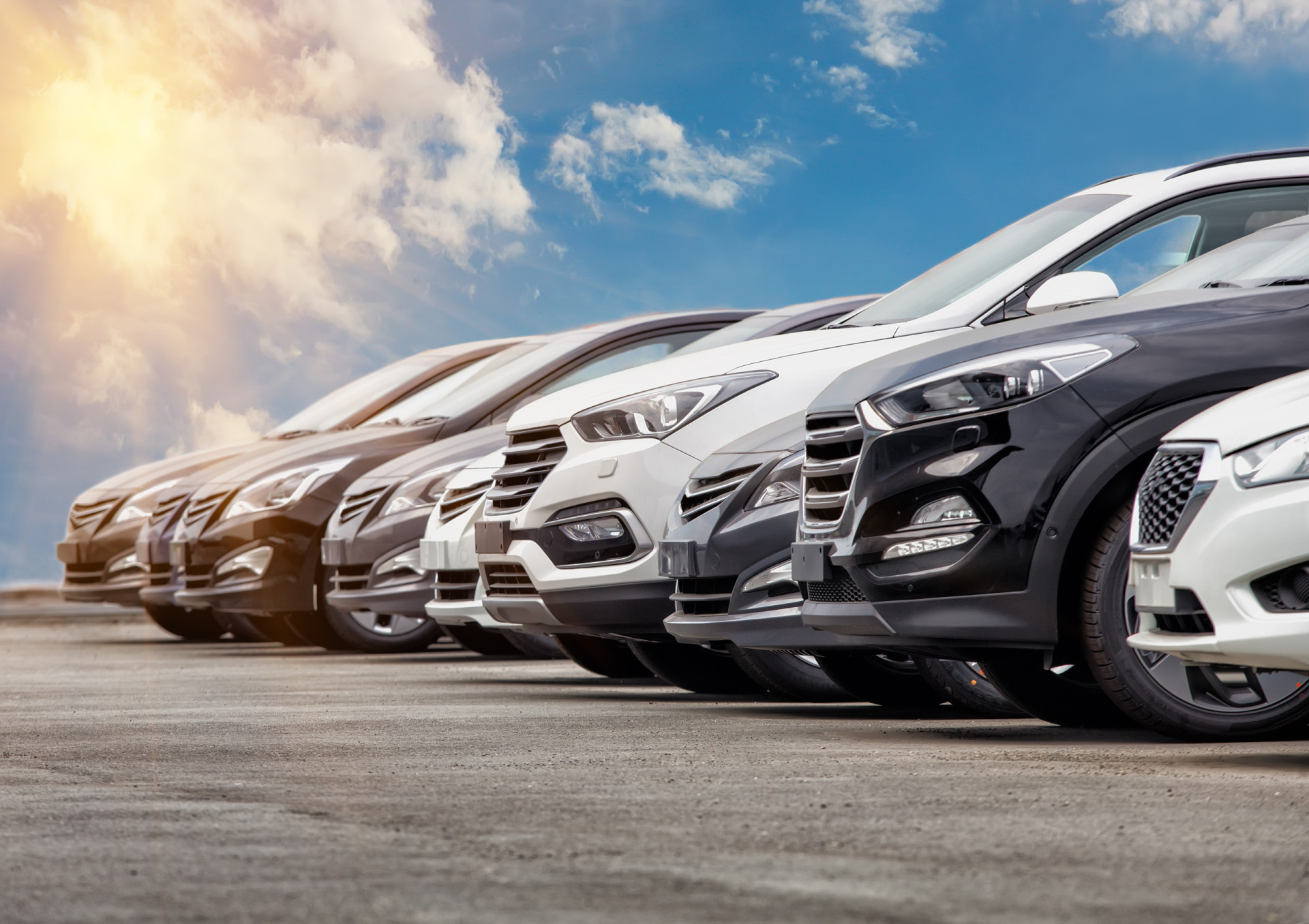
WORKERS TAKE ON CAR GIANT VOLKSWAGEN IN FIGHT FOR PAY
Yolanda Peoples has tried for more than a decade to convince her co-workers at Volkswagen's factory in the southern state of Tennessee that joining the United Autoworkers Union (UAW) would pay off in increased job security, higher wages and a more comfortable retirement.
Colleagues in Chattanooga have twice rejected the idea.
Now, as her factory faces another vote on the question, this daughter and granddaughter of UAW members thinks she might finally have made her case.
"The whole atmosphere feels different," she said. "They understand more about what we're fighting for."
The election, which involves roughly 4,300 workers and starts on 17 April, is the first to emerge from a campaign UAW leaders announced last year to try to win new members at 13 foreign-owned car factories based in the south.
The share of workers represented by unions has fallen steadily in the US since the 1980s.
But the pandemic ushered in an unusually hot jobs market and rapid rise in living costs, emboldening workers across the country to make demands.
The number of mass strikes and petitions from workers hoping to join unions jumped in 2022 and 2023, drawing in Hollywood actors, UPS delivery drivers, Starbucks baristas, nurses, casino workers and others.
Since 2021, there has even been a small uptick in the number of union members.
At the top of both political parties, President Joe Biden and former president Donald Trump have paid close attention to the signs of worker discontent, abandoning the free-trade orthodoxy that dominated both US political parties for decades in favour of protectionist economic policies long championed by organised labour.
"More people are demanding better pay, a piece of the action and a lot of this is a post-Covid thing," says Kent Syler, professor of political science at Middle Tennessee State University. "Is it enough in a very red state like Tennessee to move the needle? It's hard to say."
Prior efforts to unionise in Chattanooga and elsewhere in the south have failed in the face of fierce criticism from local politicians, Republicans, who warned a vote for the union could threaten government support for Volkswagen and make the state less appealing for business investment.
The UAW's ties to the Democratic Party remain a liability on the factory floor, especially in an election year.
Jeff Irvin Jr, who has worked at the Chattanooga plant since 2010, says he has supported the union in the past, but is on the fence this time. He says the UAW's recent endorsement of Mr Biden has given him pause.
"It's hard to back an organisation that backs a president that is failing the American people on almost every level," he wrote in an email to the BBC.
The UAW, which has seen its sway fall as its membership and slice of the industry shrank, declared its ambitions last year weeks after a headline-drawing strike won big pay raises and other benefits for members at General Motors, Ford and Stellantis.
Those gains helped re-ignite interest, says Jeremy Kimbrell, who has tried, and failed, to drum up union support repeatedly over his two decades working for Mercedes in Alabama. He noted that soon after, many rival carmakers, including Volkswagen, Mercedes and Nissan, announced big wage increases of their own.
"Some of the veteran workers saw it as like a slap in the face - as they could have given it to us all along," Mr Kimbrell said. "With that big jump [the UAW] got this time, it was just abundantly clear that that was a better way."
A victory for the union would set factory workers up to pay UAW dues and negotiate collectively with companies over wages and benefits. Analysts say it could also convince other factories to follow suit.
As well as Chattanooga, the union is expecting an election at a Mercedes-Benz factory in Vance, Alabama next month. It has also claimed significant progress signing up supporters for elections at Hyundai and Toyota.
Campaigners say they are trying to steer clear of national politics and remain hopeful that shifting attitudes towards organised labour will finally give their cause a shot.
"It feels way different," said Volkswagen worker Zachary Costello, one of the union's vocal supporters at the Chattanooga factory. "There's a lot more open acceptance of unionising across the shifts."
American University professor Stephen Silvia, who has written a book about prior UAW campaigns in the south, says the organisation has its "best chance" yet of victory, after refreshing its reputation and approach with new leadership.
He says policies introduced by Trump and Biden to protect US car jobs have also strengthened the union's ability to demand more for workers without stoking fears the demands will hurt companies and backfire in the long run.
Volkswagen declined to answer questions about next steps should the UAW win but said in a statement that it "fully" supported a vote and was "proud" of its record in Chattanooga - where the average annual salary is more than $60,000.
At firms such as Starbucks and Amazon, union election victories have been bogged down as companies appeal the outcome or slow-walk contract negotiations.
Volkswagen worker Jose Sandy says there is still "a lot of scepticism" about the UAW and its ability to make a difference.
The union need "to deliver on what they have have said they're going to do and it's not clear to me yet how they're going to do it," says Mr Sandy, who has been digging into Volkswagen's financial statements, concerned the union's claims about the company are misleading.
Still, he says he is keeping an open mind and leaning toward a yes vote: "I'm willing to give them the benefit of the doubt."
2024-04-16T23:05:48Z dg43tfdfdgfd
